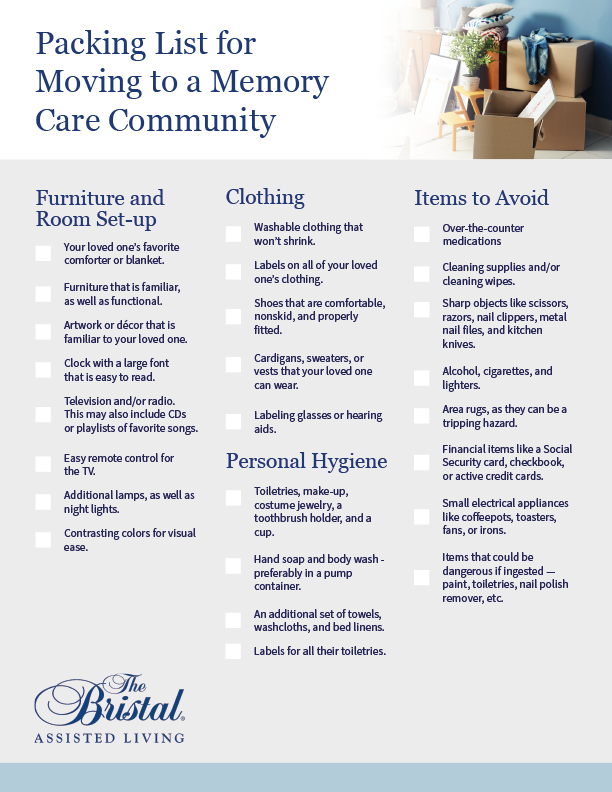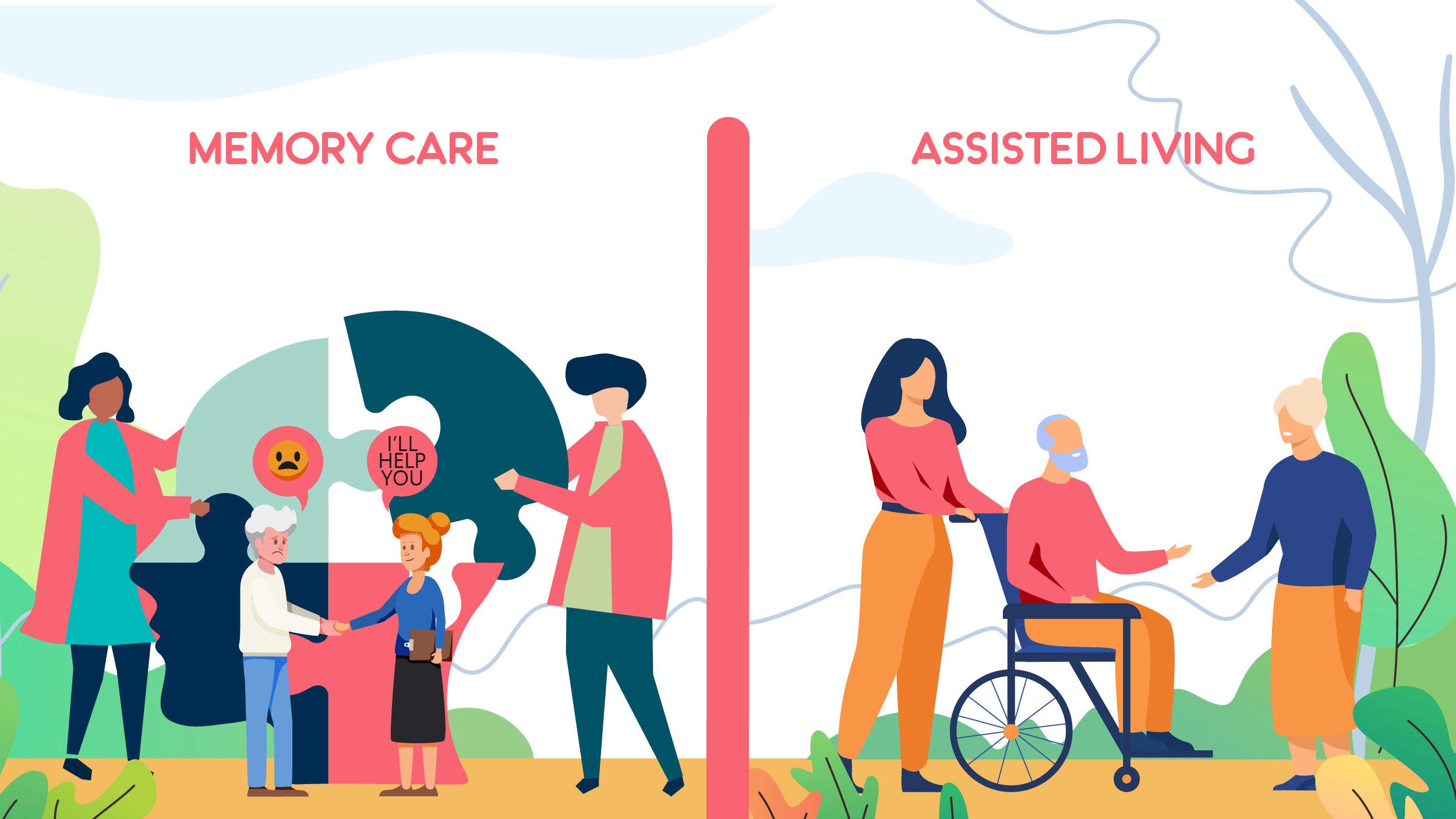Family-Oriented Facilities Offering Personalized Alzheimers Care Charlotte
Family-Oriented Facilities Offering Personalized Alzheimers Care Charlotte
Blog Article
Professional Tips for Providing Quality Alzheimer's Treatment at Home
Caring for a specific with Alzheimer's illness at home presents distinct obstacles that require both understanding and tactical preparation. As we explore these professional tips better, it becomes clear that a thoughtful method can dramatically influence the quality of life for both the caretaker and the specific receiving treatment.
Understand Alzheimer's Disease
Alzheimer's disease, a progressive neurodegenerative condition, exceptionally affects cognitive feature and daily living tasks. It mostly influences memory, assuming, and habits, bring about a gradual decline in the capabilities required for independent living. Early signs and symptoms usually consist of forgetfulness, difficulty in analytical, and challenges in finishing familiar tasks. As the disease proceeds, individuals may experience disorientation to time and place, impaired judgment, and modifications in mood and personality.
The etiology of Alzheimer's is intricate, involving the accumulation of amyloid plaques and tau tangles in the brain, which interrupt neuronal interaction and bring about cell death. Danger elements include age, genes, and lifestyle options, with most of instances taking place in people over 65. Awareness of these elements is vital for caregivers, as comprehending the problem can facilitate far better assistance and care techniques.
Additionally, Alzheimer's disease not only influences the specific yet additionally has substantial emotional and logistical implications for households. Identifying the stages of the disease enables caretakers to anticipate difficulties and adjust their technique, making certain that the requirements of those impacted are met compassion and understanding. This foundational expertise is important for advertising quality treatment in your home.
Establish a Routine
Developing a structured day-to-day regimen can dramatically boost the quality of life for people dealing with Alzheimer's disease. Developing constant patterns helps to decrease complication and anxiety, providing a complacency and experience. A day-to-day timetable needs to include normal times for meals, activities, and remainder, which can aid individuals anticipate what to expect throughout the day.
Integrating straightforward, familiar tasks right into the routine can advertise a feeling of achievement and freedom. Activities like horticulture, cooking, or even simple family jobs can be beneficial. It is necessary to customize these activities to the person's capabilities and rate of interests, making certain involvement without frustration.
In addition, adaptability within the regimen is essential. While uniformity is necessary, permitting modifications based upon the person's state of mind or energy levels can aid keep a positive environment. Urge participation in social interactions, whether through household visits or area activities, as these can supply stimulation and link.
Enhance Communication Abilities
Effective communication is vital for keeping meaningful links with people coping with Alzheimer's disease. As cognitive capabilities decrease, conventional conversation may come to be challenging. For that reason, caretakers need to adjust their interaction approaches to cultivate understanding and connection.

Active listening is crucial. Program real passion by preserving eye call and nodding to recognize their thoughts or feelings. Prevent dealing with or suggesting, as this might result in irritation. Rather, verify their emotions and reroute the discussion delicately if needed.
Using visual aids, such as photos or created suggestions, can also boost comprehension. Motivate involvement in tasks that boost discussion, such as recollecting regarding past events or browsing picture cds.
Develop a Safe Setting
A helpful setting plays a significant function in the well-being of people with Alzheimer's condition. Developing a risk-free home setup is important to minimize risks and look at more info boost the lifestyle for both the private and their caretakers. Begin by assessing the space for prospective threats. Get rid of stumbling threats such as loose site here rugs, electric cables, and mess. Make sure that pathways are well-lit and clear to stop drops.
Mount safety and security locks on doors and home windows to avoid straying, which is a common worry in Alzheimer's individuals. In addition, take into consideration utilizing non-slip floor coverings in restrooms and install grab bars for added support. Classifying spaces and essential things can assist individuals navigate their environments much more conveniently.
Emergency situation calls ought to be plainly posted near phones, and a clinical sharp system can provide comfort. Think about utilizing childproofing procedures for sharp items and hazardous materials. On a regular basis check smoke detectors and carbon monoxide alarms to ensure they are working. Overall, customizing the home atmosphere to the special requirements of the private with Alzheimer's not only promotes security yet also encourages self-reliance and comfort.
Look For Support and Resources
Accessing support and resources is crucial for caretakers and individuals facing the challenges of Alzheimer's condition. Caregiving can be overwhelming, both physically and emotionally, and it is vital for caregivers to look for help to preserve their well-being and provide top quality treatment.

Furthermore, exploring respite care options can manage caregivers much-needed breaks, enabling them to recharge and reduce burnout. This may include adult day programs or in-home care solutions. Monetary aid programs may also be available to assist balance out try here the costs of care.

Conclusion
In summary, supplying high quality Alzheimer's treatment at home necessitates a complex approach. Comprehending the intricacies of the condition, establishing a structured regimen, improving communication abilities, creating a safe atmosphere, and looking for assistance from available sources jointly add to boosted caregiving experiences. Executing these strategies not only fosters a sense of independence and accomplishment for people with Alzheimer's but additionally reduces caretaker stress, eventually boosting the quality of life for both caregivers and those they sustain.
Caring for a private with Alzheimer's illness at home presents special difficulties that require both understanding and calculated preparation.In addition, Alzheimer's condition not only impacts the specific yet additionally has significant psychological and logistical implications for family members.Producing a structured day-to-day regimen can considerably improve the top quality of life for individuals living with Alzheimer's illness.Efficient communication is essential for preserving purposeful links with individuals living with Alzheimer's disease. Alzheimers Care Charlotte. Implementing these strategies not just cultivates a feeling of self-reliance and success for people with Alzheimer's but additionally eases caregiver stress, ultimately enhancing the quality of life for both caretakers and those they support
Report this page